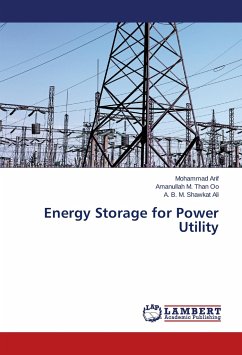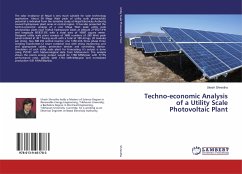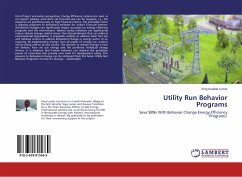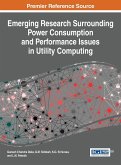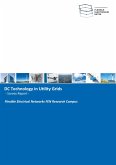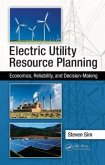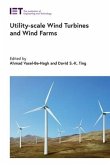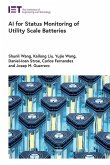Modern power systems are expected to accommodate more and more renewable energy into the grid to minimize greenhouse gas emission from energy sector. Large scale adoption of solar and wind energy creates instability due to the intermittent nature of these sources. Major problem associated with these sources are harmonics, fluctuation or even unavailability of useful energy during peak demand. Moreover integration of these sources in different phases can cause phase unbalance and power quality (PQ) issues in the network. Energy Storage (ES) can overcome some of these PQ problems by buffering a sizeable portion of energy during low demand time and export it back to the network as required. However the integration of ES is not straight forward as it depends on network capacity and capability. Large scale integration of ES could increase the risk of additional harmonics and could develop islanding situation. ES can help to improve voltage fluctuation and distribution transformer loading condition. This book exposes the response of large integration of ES with solar and wind energy into the utility grid. This book is based on the work, ES & its strategic impacts on power network'
Bitte wählen Sie Ihr Anliegen aus.
Rechnungen
Retourenschein anfordern
Bestellstatus
Storno

